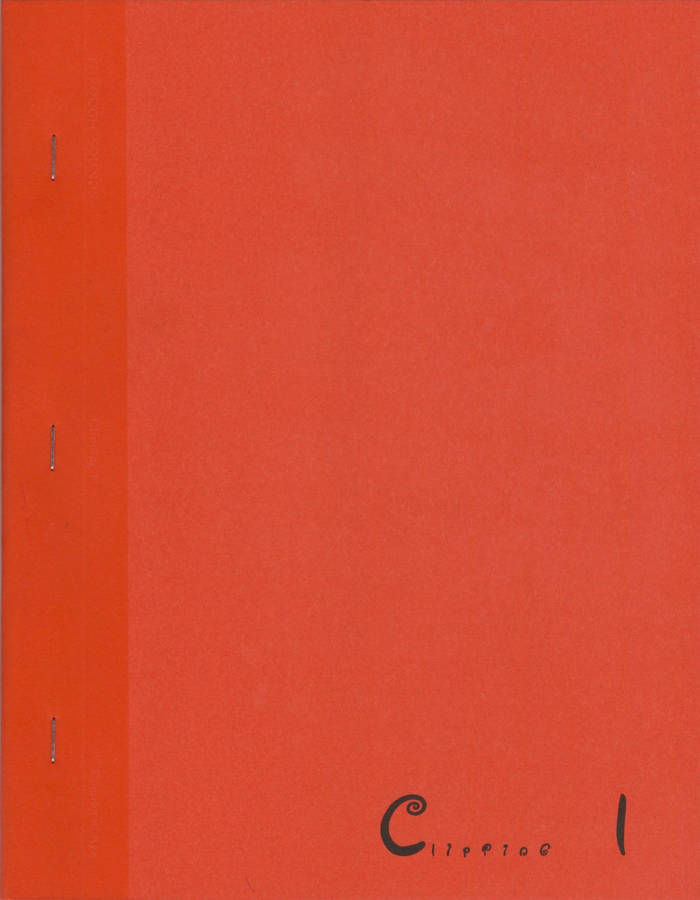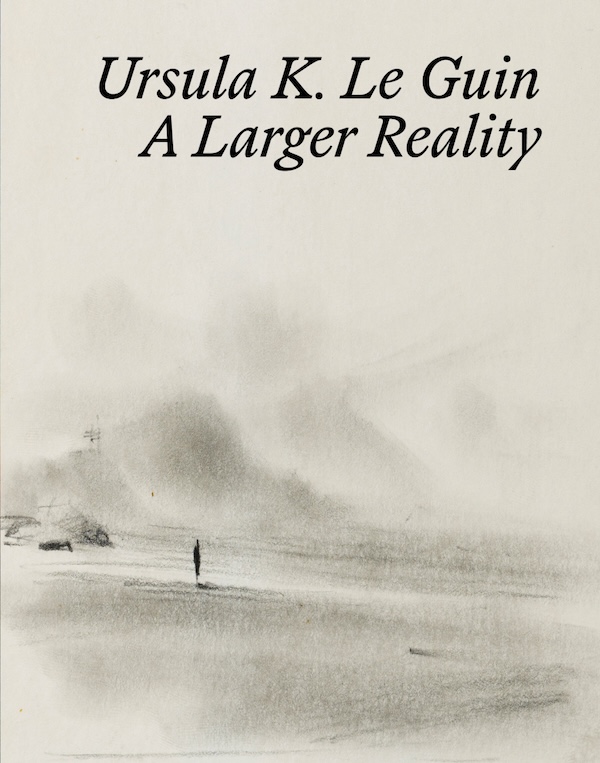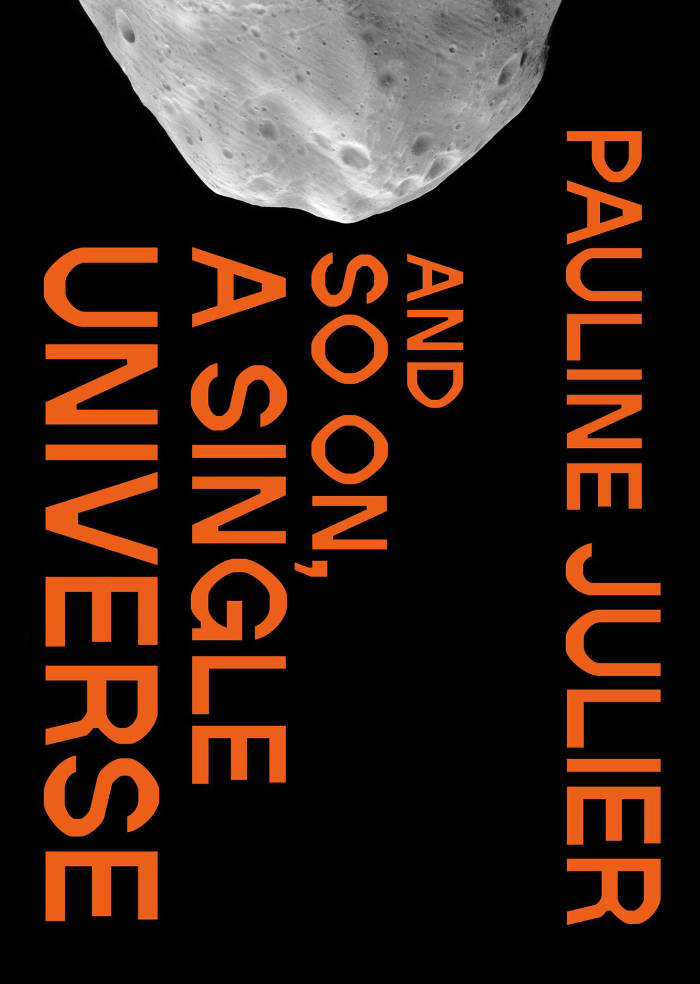
More-than-Human
Lucia Pietroiusti ed., Marina Otero Verzier ed., Andrés Jaque ed.
The More-than-Human reader brings together texts that reflect on the state of post-anthropocentric thinking today, by writers from a wide range of disciplines. Focusing on the ecologies and technologies of climate injustice and inequalities, as well as the destructive structures lurking within anthropocentrism, More-than-Human proposes complex entanglements, frictions, and reparative attention across species and beings.
Thinking past the centrality of the human subject, the texts that compose this reader begin to imagine networks of ethics and responsibility emerging not from the ideologies of old, but from the messy and complex liveliness around and beneath us.
Rather than attempting to be a comprehensive compendium on the topic (which would be virtually impossible), More-than-Human provides a cross-section of the breadth and vitality of a literary, scientific, and conceptual milieu where multiple strands of work intersect even as they are frequently regarded as belonging to separate disciplinary discourses.
Contributors: Stacy Alaimo, Ramon Amaro, Karen Barad, Rosi Braidotti, Octavia Butler, Georges Canguilhem, Marisol de la Cadena, NASA History Department, Silvia Federici, Scott F. Gilbert, Édouard Glissant, Jack Halberstam, Donna Haraway, Myra J. Hird, Kristina Lyons, Patricia MacCormack, John T. Maher, Michael Marder, Timothy Mitchell, Reza Negarastani, Jussi Parikka, Elizabeth Povinelli, Paul B. Preciado, María Puig de la Bellacasa, Filipa Ramos, Isabelle Stengers, Elly R. Truitt, Anna L. Tsing, Eduardo Vivieros de Castro, Jason Wallin, Kathryn Yusoff and Joanna Zylinska.
Language: English







